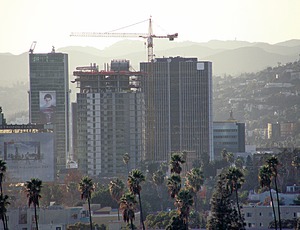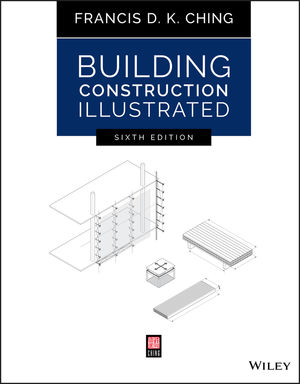
In Los Angeles, a half-finished Target Corp. retail project sits abandoned on Sunset Boulevard. A circuit court found the project's building permits to be illegal—because the project violated height restrictions—and construction was ordered stopped in November. Target has appealed the L.A. Superior Court decision and litigation is ongoing, says a company spokesman.
The site has become the latest victim in a host of lawsuits against Los Angeles projects that show "no regard" for city zoning ordinances or the rule of law, says David Lawrence Bell, a plaintiff's attorney in the suit against Target. According to Bell, Mayor Eric Garcetti "wanted precedents set, to encourage others to seek to exceed the height and density limits on Sunset Boulevard." The mayor supports high-rise developments and repeal of the city's height restrictions, saying current land use rules are suffocating it. Legal opponents say that in helping developers navigate the permitting process, he has disregarded height restrictions.
This has put several other multimillion- dollar projects at risk. Just blocks from Target, CIM Group's already completed and occupied 22-story Sunset Gordon Tower had its building permits rescinded in October. The ruling places the status of multiple tenants in limbo. A CIM spokesperson said litigation is ongoing and the firm is trying to restore the permits.
In the suit, community groups claimed that the city cannot support further densification. As a result, a Los Angeles judge ruled that the city council had violated the constitutional due process rights of Los Angeles residents in issuing building permits to the Sunset Gordon Tower. Further, Garcetti's city zoning document, the Hollywood Community Plan, was called "fatally flawed" by the judge.
Despite the height fight, many projects continue to move forward, including the $400- million Columbia Square mixed-use development under construction on Sunset Boulevard. "It's a prevalent discussion, but when we get involved with a project it's usually downstream of those decisions," says Steve Smith, senior vice president with Hathaway Dinwiddie Construction, the project's general contractor.
Smith says he doesn't think the recent rulings will halt development in the active Hollywood market. "Developers still see this area as desirable for its vacancy rates and entertainment history," he says.
Architect Bob Hale with Rios Clementi Hale Studios says the underlying rights to develop property in the city are antiquated, and the zoning code is currently being rewritten as part of a five-year effort to try to deal with some of these issues. "There should be a more clear vision and a degree of consensus as to what our city's future will be," he adds.



